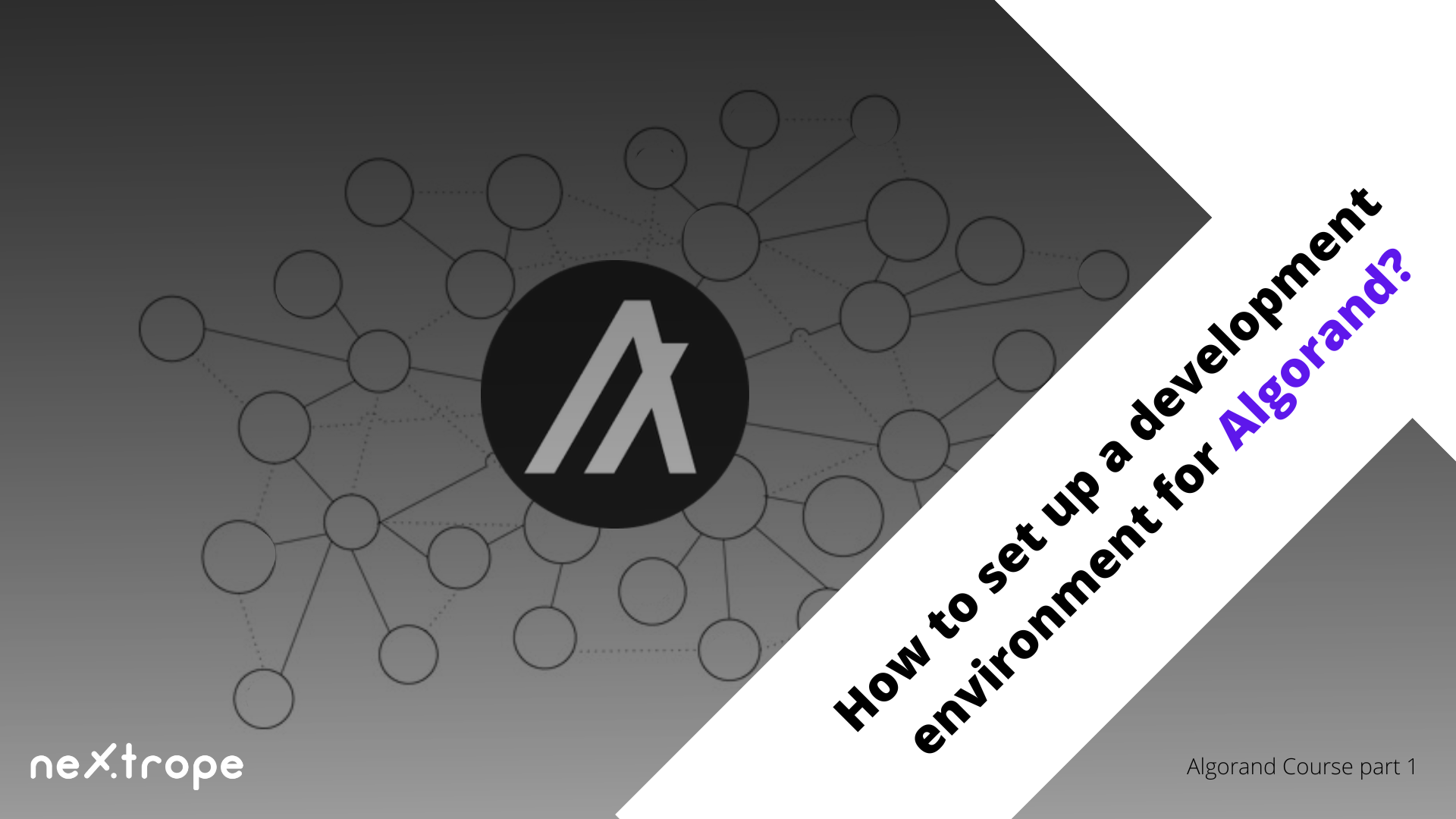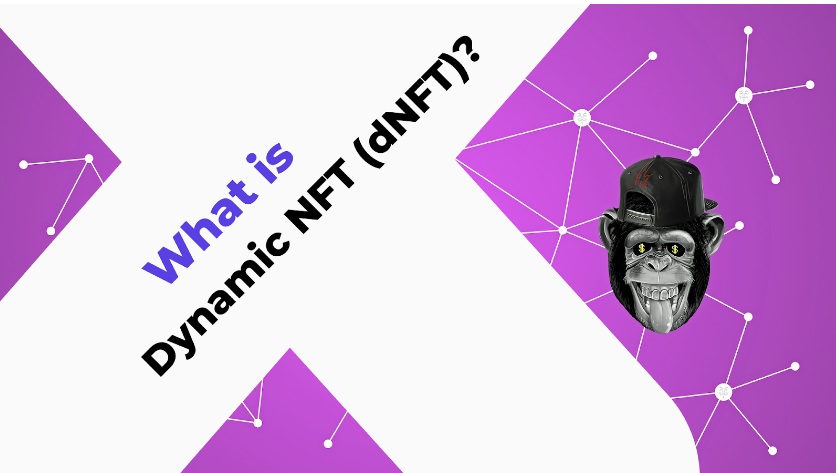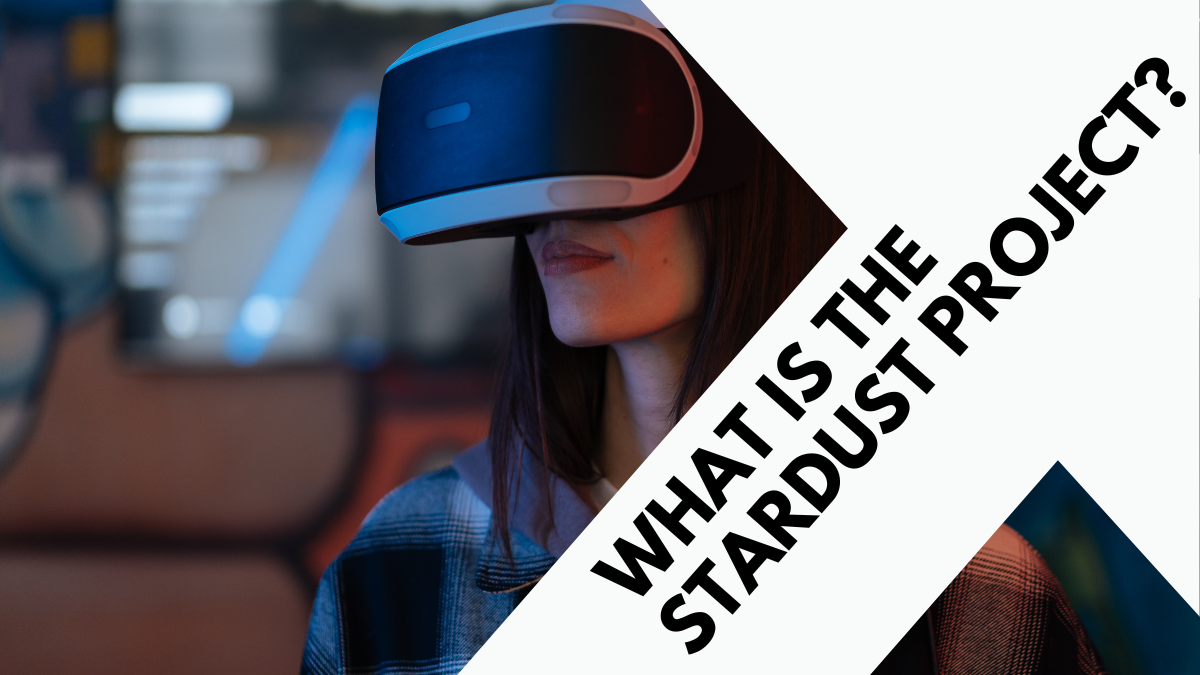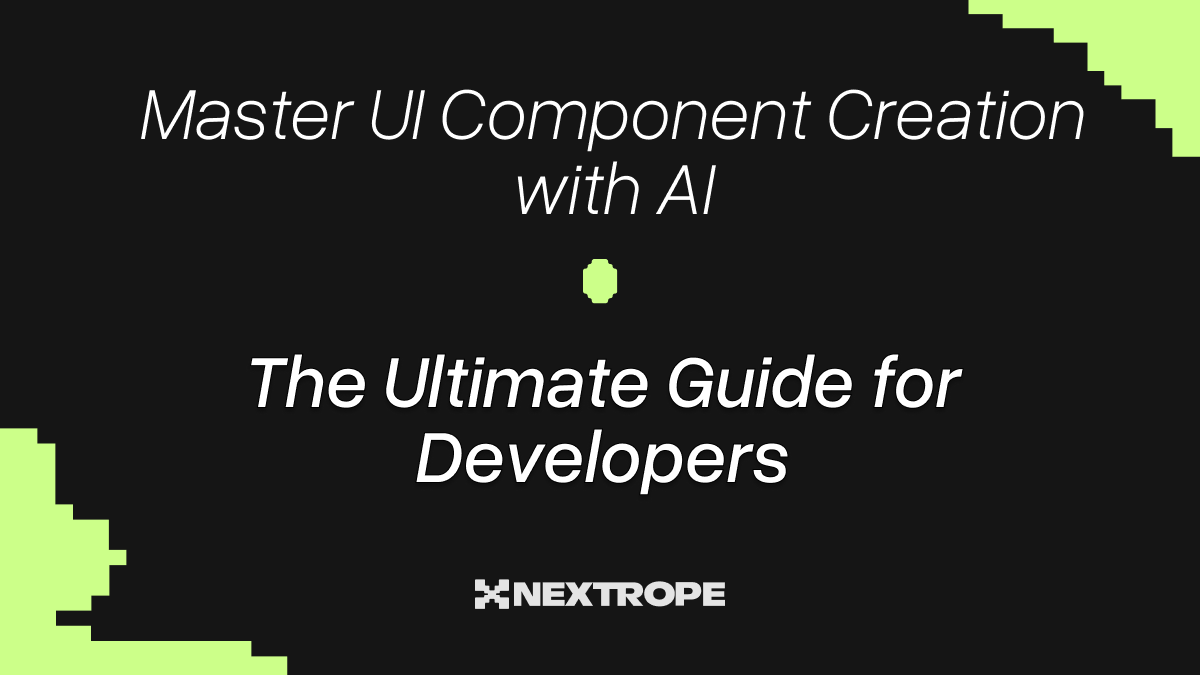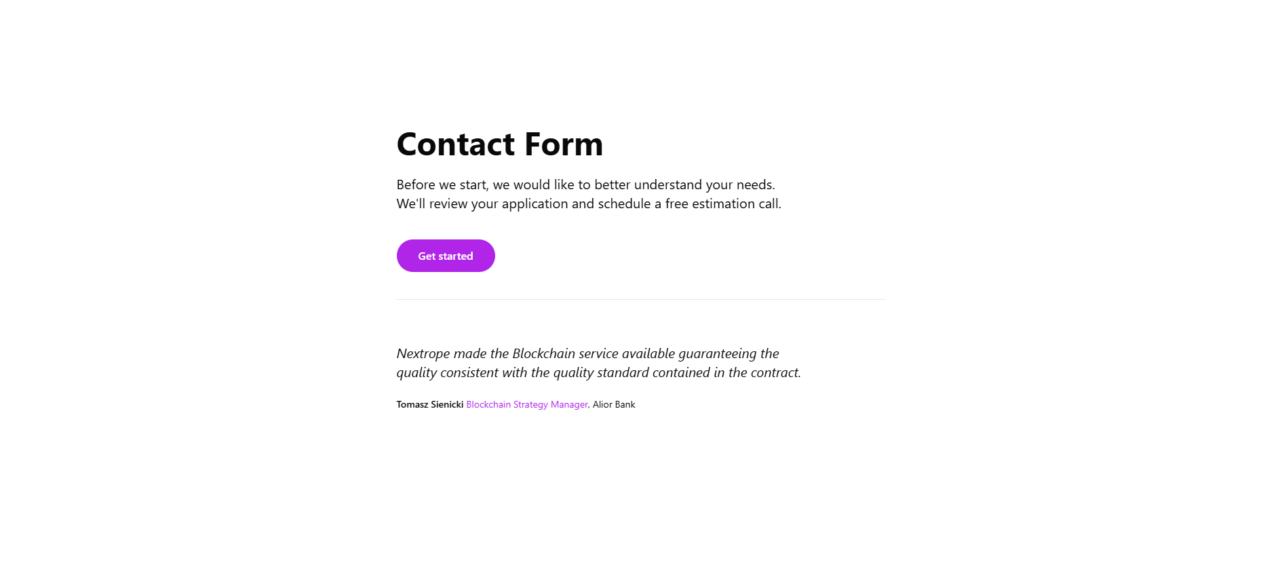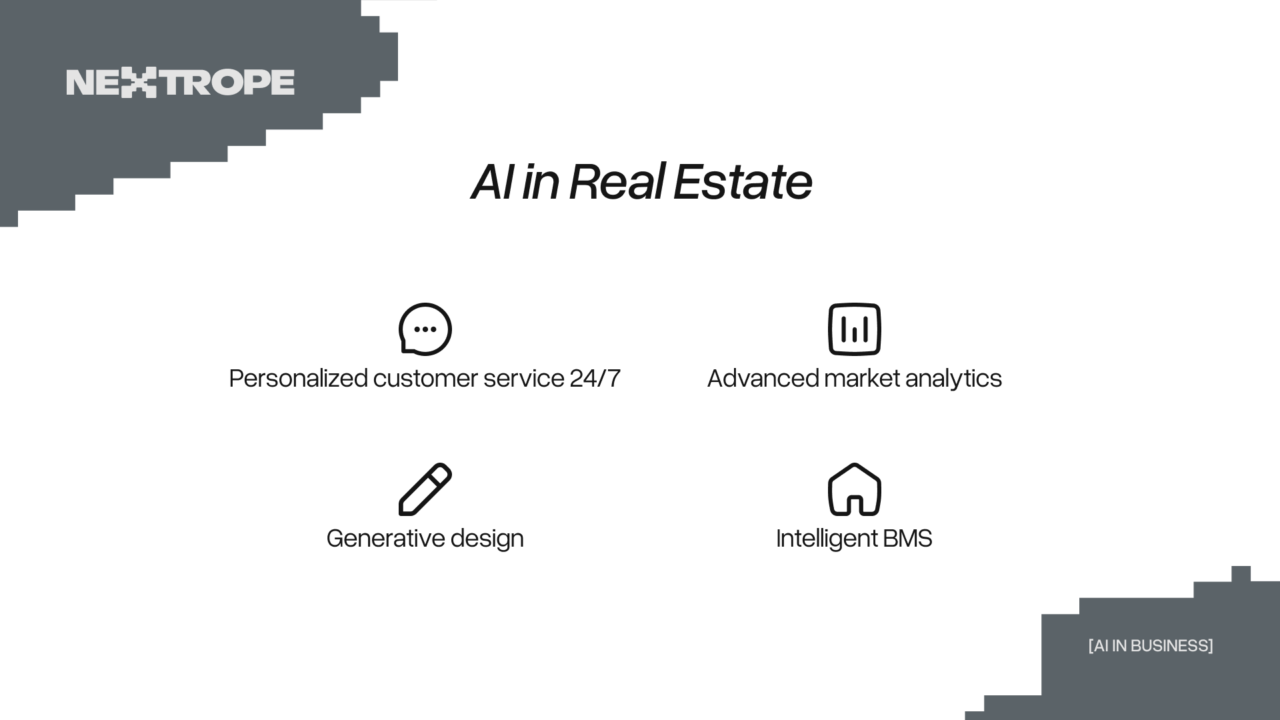To become a smart contract specialist and blockchain technology developer, you must take the first step. This tutorial shows how to build a "Hello World" contract using the Solidity programming language. It is worth noting that it is not necessary to have specialized knowledge to perform this activity. A person who is not a professional programmer following our steps will create his smart contract using the Solidity language.
What are smart contracts?
Smart contract is a computer program published and executed on blockchain technology. Because it runs on the blockchain, it can be run without a server or central site. Once we create a smart contract, it is impossible to update it or make changes. This is due to the immutability of the blockchain. There is an option that the smart contract can be programmed with functions to change the data. This means that information can be saved in one block but deleted in another. Such behavior does not preclude tracing the history of changes.
What is the Solidity programming language?
Solidity is the first language that creates smart contracts. One of the most important things to remember when learning Solidity is that it is a language designed specifically for the Ethereum Virtual Machine, or EVM. Solidity is similar to JavaScript. It is worth pointing out at this point that Solidity will be easier to learn if you can program in Java. True, there are differences in syntax, but looking at the commands and concepts - the two languages are similar. Ethereum's native language has built-in commands. This is made for Solidity to access the blockchain, for example, a timestamp or a block address. Such features help to program Solidity's smart contracts easily. Moreover, a contract-oriented language will definitely differ from object-oriented ones, e.g
- Java,
- C++,
however, the emphasis here is mainly on contracts and functions. Solidity is statically typed. It also supports libraries and other user-defined functions, which tend to be complex. The language compiles all instructions to bytecode, which makes it possible to read and interpret information on the network of Ethereum.
Smart contracts in Solidity
The goal of Ethereum is to solve and execute human-level transactions, much like the ambition of a full Turing machine. This requires, on the one hand, the adoption of human-level logic with programmer-friendly simplicity, and on the other, the implementation of Solidity's smart contracts in a complete system called a Turing Virtual Machine, allowing for unprecedented complexity and determinism. The computational power of this "virtual" machine is built into the node implementation, a remarkable achievement of decentralization and a product of the innovation of the blockchain movement. Solidity's smart contracts programmatically set the rules for business transactions and do so in a simplified machine-readable language. This unprecedented decentralized concept is automated and can operate 24/7 worldwide without human supervision or trusted parties. Why is it worth knowing the Solidity language? Because it is more advanced and effective in creating Smart Contracts, it tries something that no language has ever attempted before - namely, it uses a combination of human and machine reasoning. In addition, Solidity makes it easier to express ourselves in code and to turn our human-readable code into business functionality.
Remix - an implementation for Solidity
A remix is a web-based tool used to write, compile, deploy, and debug Solidity code. The remix includes a JavaScript VM environment that acts as a blockchain simulator running in the browser. Below is a practical tutorial on how smart contracts are created using Solidity. You are welcome!
How to create a smart contract?
For now, we will use the aforementioned remix to compile and deploy our code. So we fire up the remix and create a new file. I'll call it Hello World, but you can call it whatever you want. Let's start by defining the version of Solidity we will use. I will use version 0.8.0 upwards in this tutorial, so at the top of the file, write : pragma solidity ^0.8.0;
After defining the version, we can start writing our first smart contract.
We define a contract called HelloWorld Contract; it is where our smart contract's functionality will be located.
In the middle of our smart contract, we create a function, say Hello World; it will be public, meaning that anyone can call it pure, meaning that the process will not read or modify any data from the blockchain and will return a string.
We want the function to return the string "Hello World!" so we need to type inside the process: return "Hello World."
To deply our smart contract to the local blockchain, we need to compile it first.
We click on the solidity compiler section and click on the compile HelloWorld.sol button.
Once we have compiled our file, we can deploy our smart contract.
We click on the Deploy & Run Transactions section.
When we select our smart contract, we click deploy and are done! Our smart contract has been deployed! The Deployed Contracts section should show you your smart contract with the ability to call the sayHello World function, which will return "Hello World."
Advantages of Solidity programming
Leaving aside the basic functionality of Solidity programming, several additional elements give it an advantage over other Ethereum languages. It can be pointed out that the advantages are as follows:
- The programming accepts complex member variables and complex data.
- The program has an application binary interface to ensure adequate security - If the compiler discovers a mismatched data type for any variable, the ABI generates an error.
- The program compares to natural language construction, which is used to convert user-oriented specifications into a language that is easy for machines to understand.
Summary
Solidity is a tool that facilitates the creation of smart contracts. It makes blockchain programming simple, transparent, and helpful. In addition, the programming accepts complex variable data, has a binary interface, and is close to natural language.
 en
en  pl
pl 



